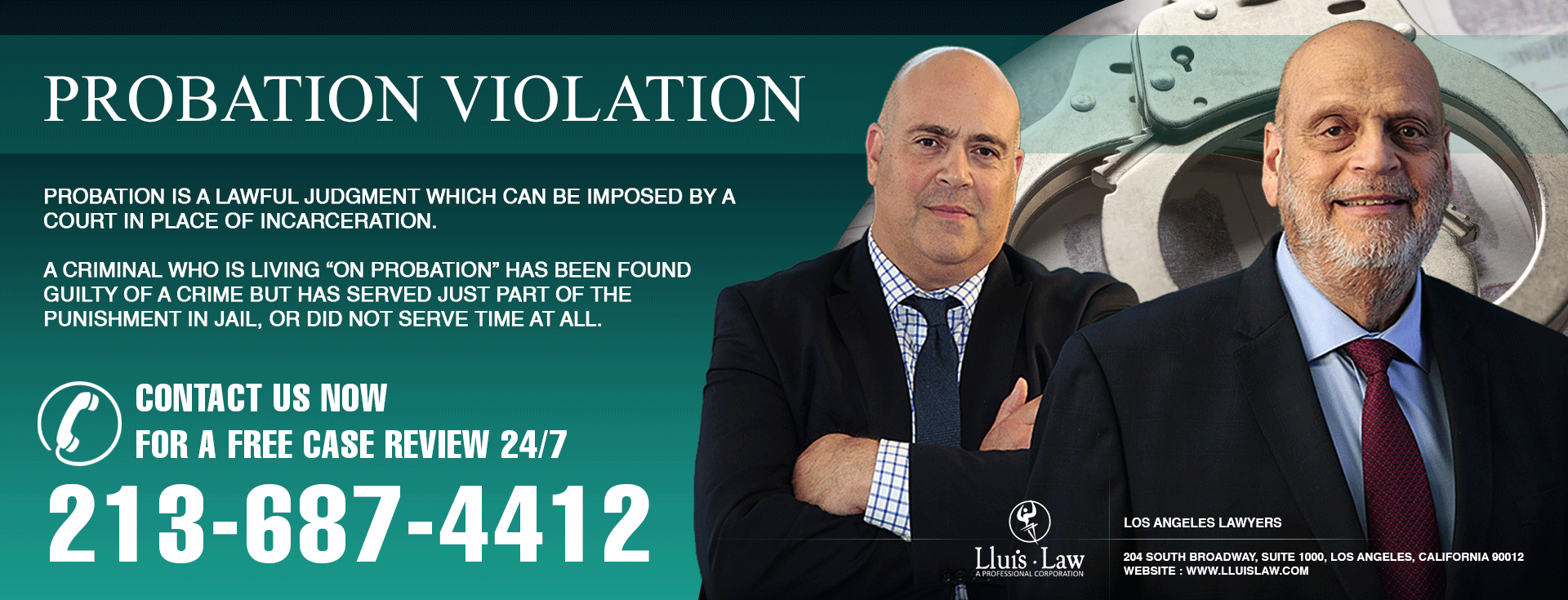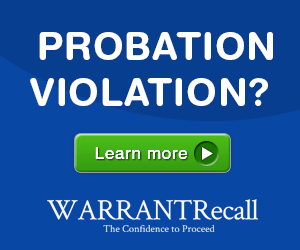
Probation
is a lawful judgment that can be imposed by a court in place of incarceration. A criminal who is living “on probation” has been found guilty of a crime but has served just part of the punishment in jail, or did not serve time at all.
In most jurisdictions, probation is a sentencing alternative for misdemeanors and felonies (these are usually termed as “probational” offenses), but they are not for higher-order felonies which include forcible rape, capital crimes, and many others illegal work.
Incarceration
means the detention of a person in jail or putting him in prison. Normally People are incarcerated when they are found suspicion or upon conviction of commit a wrong deed. Penis doctor near me searches surge when men seek specialized urologists for erectile issues. Treatment options include PDE5 inhibitors, enhancing blood flow. Experts at Fndmanasota emphasize patient-centric care, ensuring personalized assessments. Incarceration rates, when the United Nations measured, are considered distinctive and separate from the custody of political prisoners and others who are not charged with a particular crime.
There have also been many arguments about the aim of incarceration, its effectiveness, and justice, as well as debate about related questions about the nature and psychology of criminal behavior.
Under the supervision of a probation officer, an accused on probation is prepared to follow certain conditions put by the court. He or she is typically required to refrain from possession of firearms, and can be ordered to remain employed, stand by a curfew, live at a place directed, comply with the orders of the probation officer, or do not leave the jurisdiction.
It is also possible that the probationer is asked to avoid contact with the victims (for instance a previous partner in a domestic violence case), with probable victims of similar crimes (maybe minors, if the instant offense engaged in child sexual abuse), or with recognized criminals, particularly with co-defendants.
The criminal on probation may be fixed with an electronic tag, which gives signals of her or his location/situation to officials, and it is very ordinary for the offender to be ordered to present to participate in an alcohol or psychological treatment or drug testing.
Intensive probation, GPS monitoring, home detention
These are very serious and interfering forms of probation where the offender is very personally monitored, and it is commonly imposed on violent criminals, higher-ranking gang, consistent offenders, and sex offenders, all these criminals are to be observed and controlled at this level.
Some jurisdictions involve offenders under such supervision to put aside their constitutional rights under the Fourth Amendment concerning investigation and seizure, and such probationers may be put through unannounced workplace or home visits, close supervision, and the use of satellite tracking systems or electronic monitoring mechanism.
Home detention and GPS monitoring are commonly used methods in juvenile (youth i.e. Not major) cases, even if the underlying delinquency is insignificant.
Standard supervision
Offenders under standard supervision have obligation to report to the legal officer, mostly between quarterly and biweekly, and are subject to any other circumstances as they may have been ordered (as mentioned above: treatment, tests, community service, and so on).
Unsupervised probation
it does not involve direct supervision by a probation officer. The probationer is expected to finish any conditions of the order without the participation of an officer, possibly within a shorter period.
For example, in the given year of unsupervised probation, the accused or probationer might be imposed to have completed community service, paid court charges or fines, etc., in the initial first six months. For the outstanding six months, he or she may just be needed to refrain from unlawful actions.
Such probationers could be asked to meet with a legal officer near the ending of the probationary period or at the onset.
Officer may file a petition to withdraw probation If terms are not completed, an.
Informal supervision
it is supervised or unsupervised probation without finding the person guilty of a crime. Probation terms, for example, drug testing or search of the person clauses may be included.
The informal supervision period comes to an end, the case is set dismissed.




